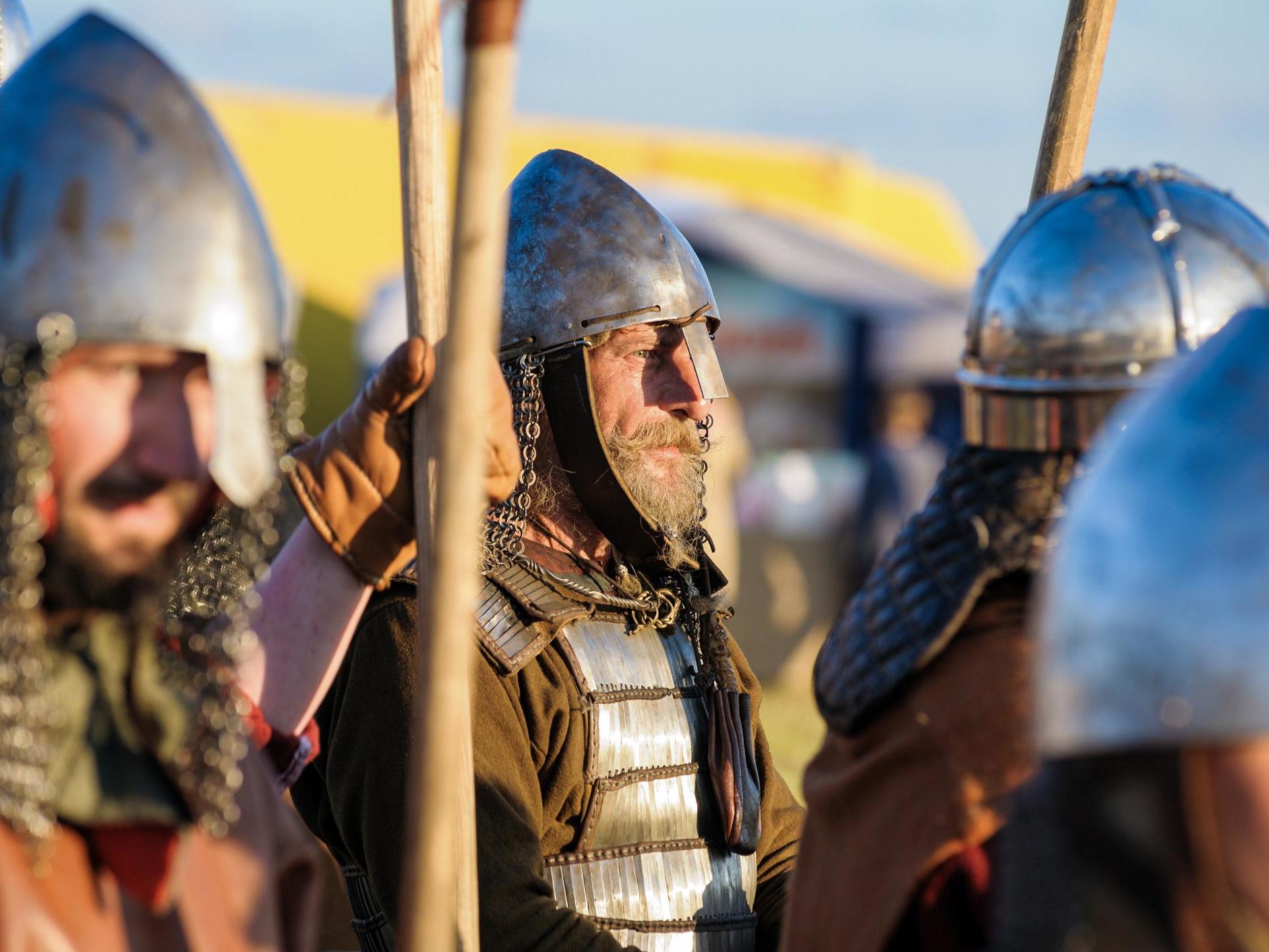Vikings saved Ireland’s population from ‘serious decline’, study shows
Many Irish people 'have some Viking blood' in them, researchers say

Ireland's population was in "serious decline" before the arrival of the Vikings, according to new research.
It had been assumed that the Irish population saw a steady rise across the centuries until the Great Famine in the 1840s.
But now academics at Queen's University Belfast have estimated that past population numbers had declined for almost 200 years before the Vikings settled in Ireland in the 10th century.
They did this using rigorous archaeological data science algorithms, to analyse a database of archaeological sites discovered during Ireland's "Celtic Tiger" years, when there was a boom in motorway building and other developments.
Dr Rowan McLaughlin said Ireland's population appears to have gone into an unexplained decline around 700AD.
"Millions of people lived in Ireland during prehistory and the earliest Christian times," he said. "Around the year 700, this population in Ireland mysteriously entered a decline, perhaps because of war, famine, plague or political unrest. However, there was no single cause or one-off event, as the decline was a gradual process.”
He added: "The Vikings settled in Ireland in the 10th century, during the phase of decline and despite being few in number, they were more successful than the 'natives' in expanding their population. Today, genetic evidence suggests many Irish people have some Viking blood.
"This large database has opened up a completely new perspective on the past that we simply could not obtain any other way."
Emma Hannah, a lead author of the paper which was published in the Journal of Archaeological Science, said: "Often in archaeology, we are focused on interpreting the evidence from a single site, but analysing quantities of data in this way allows us to think about the long term.
Ms Hannah, who is taking the work further with her PhD research, added: "Now we know these broad trends, we can better understand the details of everyday life."
Press Association
Join our commenting forum
Join thought-provoking conversations, follow other Independent readers and see their replies
Comments
Bookmark popover
Removed from bookmarks